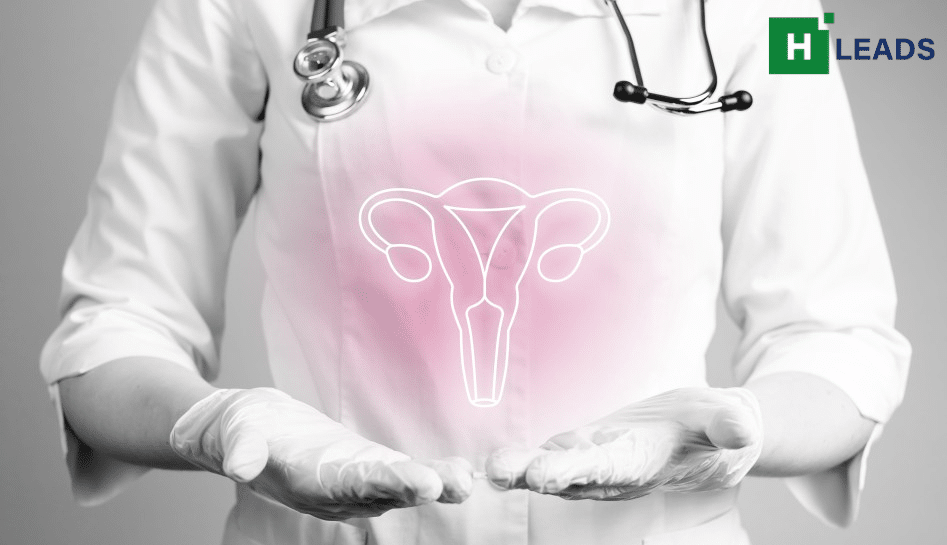Infertility treatment has grown at a rapid pace over recent years due to substantial advancements in technology, the development of new medications and protocols, and overall improved access to care
There is an increased stroke risk in patients undergoing infertility treatment up to 12 months after delivery, and they deserve immediate attention considering that maternal mortality is associated with cardiovascular disease (CVD), says a latest study titled “Risk of Stroke Hospitalization After Infertility Treatment” published by JAMA.
“We found that infertility treatment was associated with an overall 66% increased risk of stroke hospitalization. This risk was larger for hospitalization for hemorrhagic stroke than ischemic stroke. Additionally, the risk of hospitalization from stroke, either hemorrhagic or ischemic, generally increased with time post-delivery, but the risk was larger for hemorrhagic strokes,” the study says.
“Strikingly, the increase in risk was evident even as early as the first 30 days post-delivery, which highlights the need for early and continued follow-up in this population. Corrections for potential biases increased the magnitude of the association of infertility treatment with hospitalization for hemorrhagic stroke,” it adds.
The research stresses that early recognition of cardiovascular factors associated with the increased risk of stroke among people of reproductive age is paramount.
Infertility treatment has grown at a rapid pace over recent years due to substantial advancements in technology, the development of new medications and protocols, and overall improved access to care.
The use of assisted reproductive technology (ART) has approximately doubled in the past decade, and roughly 2% of all live births in the US involve some method of ART. Although treatments involved are generally safe and well-tolerated with a low propensity for severe complications, a growing body of evidence points to certain adverse pregnancy and medical outcomes associated with infertility treatments.
While cardiovascular disease remains the leading cause of death in women, with one in three deaths attributable to CVD each year, stroke is the third leading cause of death among both men and women. Studies indicate one in five women is at risk of developing a stroke in their lifetime, and evidence suggests that many do not know the health factors that put them at risk for stroke or other CVD.
The study posits three pathways to explain the association of infertility treatment with stroke. First, infertility treatment may contribute to certain vascular complications, such as ischemic placental disease as well as kidney disorders and metabolic aberrations.
These complications, in turn, may increase stroke risk. Second, it is possible that certain physiologic changes at the time of infertility treatment are contributing to the increase in the risk of stroke. Third, people receiving infertility treatment may already have certain health factors known to be associated with an increased risk in stroke (overweight or obese, smoking, or alcohol use), and pregnancy itself may unmask these shared risk factors.
Also read: Female Genital Tuberculosis leads to infertility among women


















Add Comment